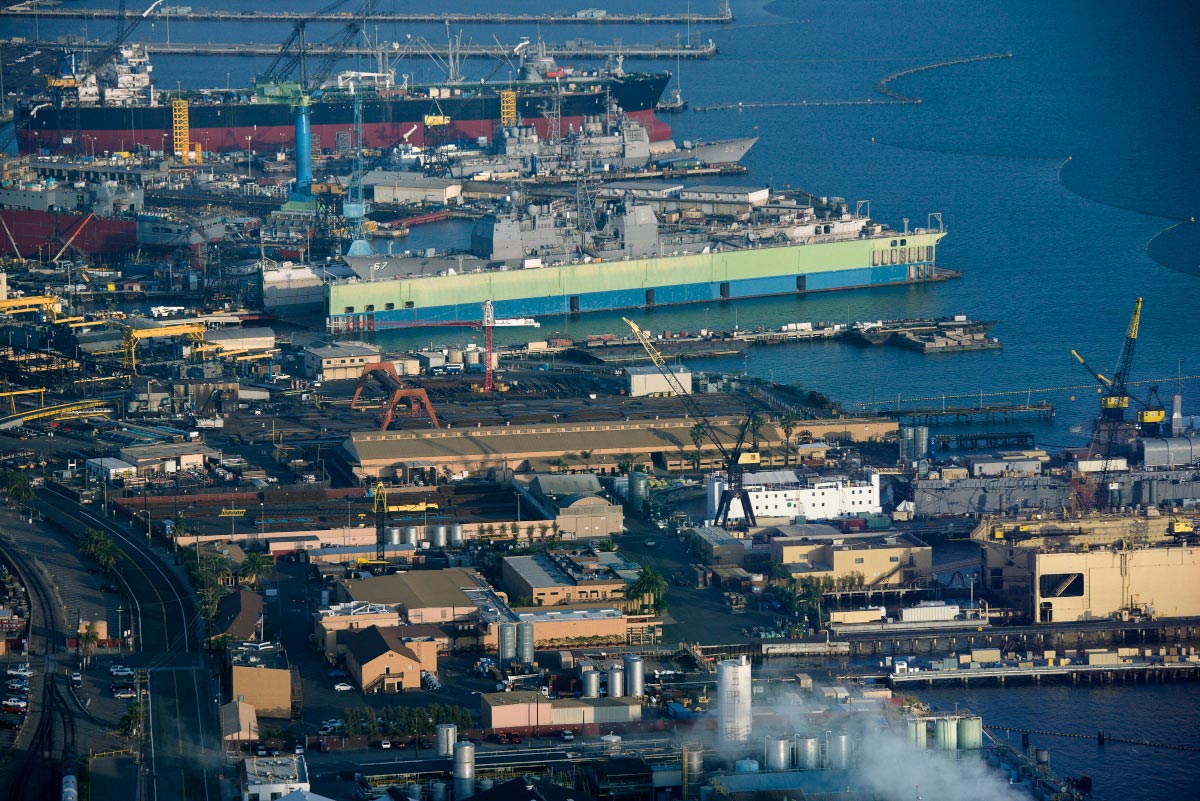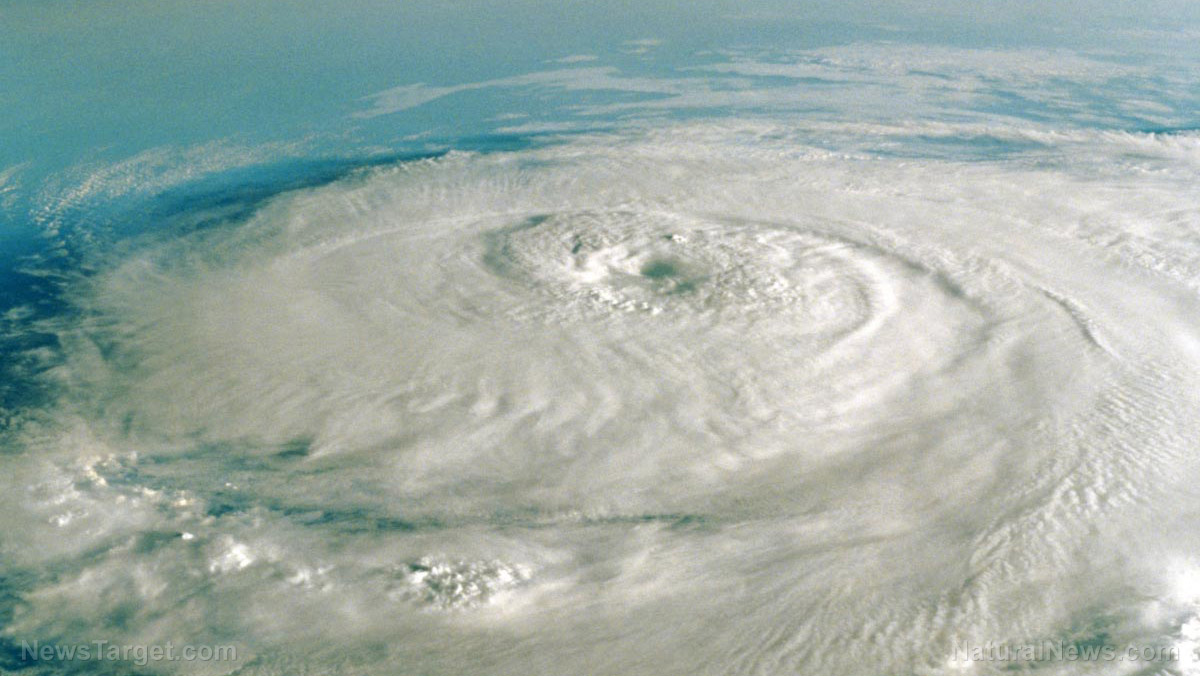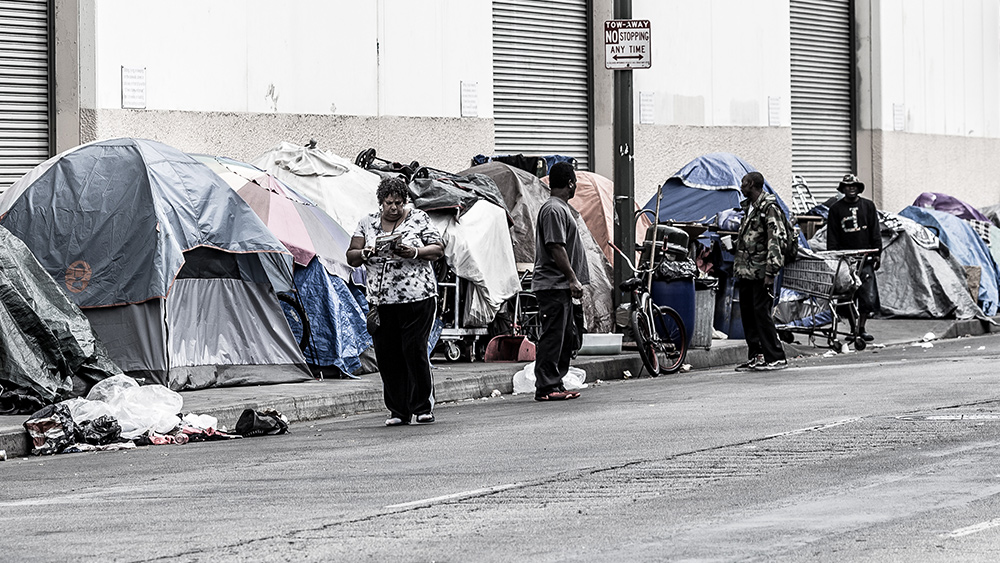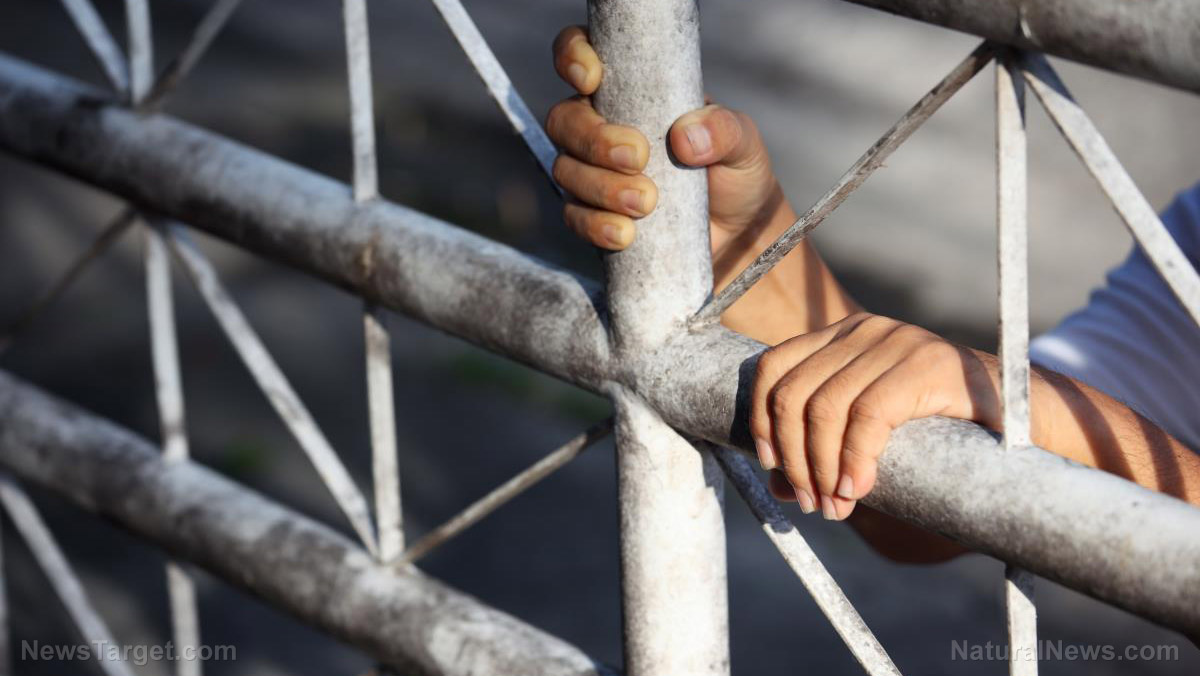Cargo thefts spiked 15% in 2022 across US and Canada as organized crime rings targeted supply chain
02/10/2023 / By Ethan Huff

The latest data from CargoNet shows that cargo thefts increased substantially in 2022 – and especially towards the end of the year – as global supply chains falter.
The Verisk Analytics-owned firm, which tracks voluntarily reported cargo thefts, reported 1,778 “supply chain risk incidents” in Canada and the United States in 2022. This is up 15 percent compared to figures from 2021.
“The No. 1 commodity [for cargo theft] was household goods for all of 2022, electronics was No. 2, and then food and beverage commodities were No. 3,” said Scott Cornell, a transportation lead and crime and theft specialist at Travelers, in a statement to FreightWaves.
Original estimates for cargo theft losses in 2022 were at $223 million, a figure that ended up being too low as thefts exceeded that dollar amount. (Related: Last year’s covid lockdowns in Shanghai caused a massive backlog that rippled across the supply chain.)
The hardest-hit area for cargo thefts was California, which reported 417 incidents in 2022 – a 41 percent year-over-year increase. Texas is No. 2 at 223 cargo theft incidents while Florida ranks third with 153 cargo theft incidents.
CargoNet’s 2022 data shows the average value of stolen cargo to be $214,104, a 20 percent increase over 2021 figures. Most thefts occur around major ports, as well as at intermodal facilities, distribution centers, and truck stops.
“When we look at the hot spots in general for cargo theft, they tend to be port areas,” Cornell added.
“If you look at the heat map that CargoNet puts out, you’ll see California is always No. 1. California definitely has several ports in that state, then Florida, another port state, Texas, Georgia, New Jersey, Illinois, that’s really considered an inland port because of the rail yards, same thing for Memphis, almost sort of an inland port because of the rail yards.”
Organized crime syndicates behind most cargo theft incidents
It is an expectation that cargo thefts are going to occur to some degree, despite 2022 being an exceptionally crime-ridden year for freight. Danny Ramon, an intelligence and response manager at Overhaul, a real-time visibility and risk management platform based out of Austin, Tex., says that anywhere cargo density and population are both high, there are sure to be thieves “targeting low-hanging fruit.”
“Somebody didn’t actually get to park inside the parking lot that’s gated, somebody had to park outside of the coverage of the streetlights or the CCTV cameras, somebody at the truck stop was going to leave their load alone for more than 10 or 20 minutes, giving thieves the opportunity to steal the entire tractor-trailer,” he explained.
In most cases – nine times out of 10, according to Cornell – cargo thefts are perpetrated by an organized crime group. Oftentimes, these groups will watch market trends and react accordingly and quickly by stealing the hottest consumer products.
“Most of the time, cargo theft is committed by organized rings and those rings are usually fulfilling orders,” he explained.
“They have orders that they’re filling, trying to meet the needs of their customers that they have within their own supply chain that have asked them for electronics or energy drinks, cleaning supplies, things like that.”
When supply chain problems resulted in a rerouting of some cargo routes through the Port of Savannah in Georgia, cargo thefts increased by 34 percent, the data shows. Once again, organized crime syndicates moved in to take advantage of the increased traffic at that particular port.
“[Cargo thieves] know the distribution centers for what they distribute,” Cornell added.
“So if they know that this distribution center distributes energy drinks – they know that from gathering intel – they know if they follow a truck out of that warehouse, there’s a pretty good chance they’re going to get energy drinks.”
Global supply chains are in shambles. To keep up with the latest, visit Collapse.news.
Sources for this article include:
Submit a correction >>
Tagged Under:
Canada, cargo, cargo theft, CargoNet, Collapse, economy, inflation, organized crime, Port of Savannah, supply chain, theft
This article may contain statements that reflect the opinion of the author
RECENT NEWS & ARTICLES
COPYRIGHT © 2017 CALIFORNIACOLLAPSE.NEWS
All content posted on this site is protected under Free Speech. CaliforniaCollapse.news is not responsible for content written by contributing authors. The information on this site is provided for educational and entertainment purposes only. It is not intended as a substitute for professional advice of any kind. CaliforniaCollapse.news assumes no responsibility for the use or misuse of this material. All trademarks, registered trademarks and service marks mentioned on this site are the property of their respective owners.




















